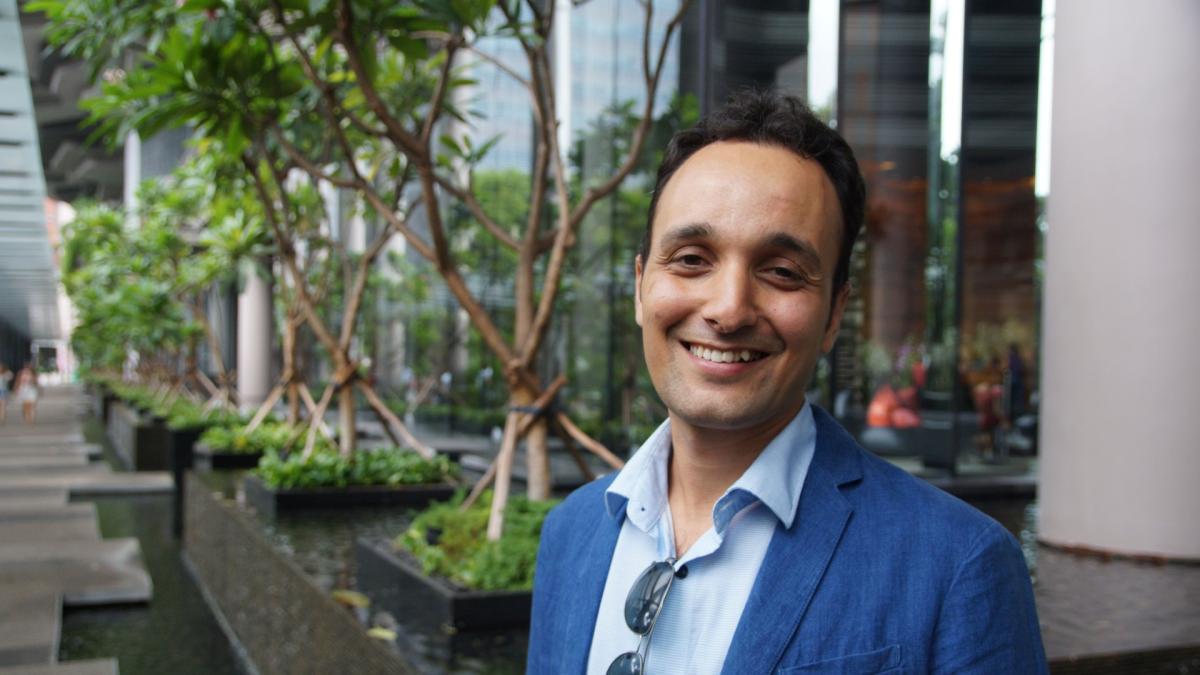 Raunak Mehta, chief commercial officer of Igloo
Raunak Mehta, chief commercial officer of Igloo
How an insurtech firm plans to corner SEA’s digital insurance market
It offered the region a unique tech solution that analyses the driver's behaviour to determine motor insurance premiums.
The regional insurtech, Igloo, has a very clear goal in mind: revolutionise the industry in terms of products, distribution channels, and underwriting to make a lasting impact in Southeast Asia. That is why it has been partnering with different firms from almost every industry in major markets in Southeast Asia.
Igloo has considerable experience in different fields and has been able to provide innovative business to business to consumer (B2B2C) solutions for its partners and their consumers. It has worked with partners across the region such as Allianz, Cigna, MSIG, Sompo, Shopee, Foodpanda Thailand, Bukalapak, Blibli, Fabelio, RedDoorz, Union Bank of the Philippines, MobiFone, and Loship to name a few, across the insurance, telecommunications, e-commerce, travel, and financial services sectors.
Since its rebranding, it continues to be unstoppable, with left and right partnerships. But what exactly is Igloo’s secret to success? Insurance Asia sat down with Raunak Mehta, chief commercial officer of Igloo, to discuss what made this insurtech firm a cut above the rest.
What makes you stand out from other Singapore-based insurtech?
Since our inception in 2016, we have been collaborating with partners from different industries across Southeast Asia—including Indonesia, the Philippines, Thailand, and Vietnam—to come up with microinsurance products that suit the needs of the masses.
With our full-stack capabilities, we use big data, real-time risk assessment, and end-to-end automated claims management to create B2B2C insurance solutions for platforms and insurance companies. An example of our exceptional innovation includes a Usage-Based Motor Insurance designed to provide a cost-effective car insurance solution for drivers in Thailand, where traffic fatalities are one of the highest in the region.
It is a plug and play telematics-based solution that taps on Big Data to analyse driving behaviour and vehicle usage to determine insurance premiums and reward safe drivers, allowing them to save up to 40% premiums. The parameters used to calculate the premiums include speed, distance, duration of driving, time of driving, and driving area. As more people are working from home now, car usage has been affected as well, and this product is timely in the sense that it helps drivers to save up on premiums through a pay per use basis.
We also have a strong core leadership team of experts with experience spanning fintech, banking, e-commerce, tech, and insurance. We recently made an important strategic hire, our first chief operating officer, who will scale our operations for increased market penetration and growth.
What makes the Asia Pacific insurtech scene particularly exciting?
Asia has one of the highest levels of underinsurance globally. A recent Lloyds report from 2018 calculates the insurance gap in Indonesia, Thailand, Vietnam, and the Philippines at $23b. However, whilst underinsurance is high in Southeast Asia and will likely be further exacerbated by the economic impact of COVID-19, we do see larger trends that can help close this gap.
Additionally, the region is rapidly digitalisating, with uptake in e-commerce, which has provided more convenient access to products and services such as insurance and financial protection. We have seen how access to products through e-commerce companies—particularly through our partnerships with Fabelio and Bibli in Indonesia, and Loship in Vietnam—has helped increase insurance take-up.
Another trend to consider is the rise of microinsurance that taps on technology, such as risk assessment engines and digitised claims management, to reduce costs and provide specificity in the insurance process, which Igloo is leading. Being able to design products that cater to different lifestyle risks such as transit, loss of e-commerce purchases, or cyber threats, or loss of income due to global events such as COVID-19 helps make insurance more affordable and accessible to consumers in Southeast Asia.
With this landscape in mind, Southeast Asia becomes a hotbed for opportunities, and for insurtech firms like Igloo to address the shift in customer needs and expectations. Moving forward, we hope to tap into an increasingly tech-savvy demographic in Southeast Asia by offering our technological capabilities, working with partners to make insurance more accessible, convenient, and affordable for consumers.
In fact, according to the “Insurance Redefined” report released by Oliver Wyman and the Singapore FinTech Association (SFA) last year, Asia is set to become a lucrative market for insurtech–with over SG$5.3b ($4b) investments injected in the last five years alone. Clearly, the insurtech space is on an upwards trajectory and holds immense potential for growth.
In your opinion, how has the meaning of the word "accessibility" evolved in terms of insurance?
The focus over the last decade has been to make insurance more accessible by employing alternative channels of distribution. Whilst this has yielded some success, the growth has not been optimal and this is reflected in the growth of insurance across all countries.
Insurtechs have to overcome the distribution challenge and identify, develop, and grow more avenues for insurance products to be made available to consumers. This has spurred us to partner with companies and platforms from the digital economy, and who are bringing the benefits of digitalisation to traditionally offline industries.
For example, our transit insurance product, offered through partners, such as e-commerce brands like Shopee and Bukalapak, protects consumers and merchants from items that are lost or damaged during transit. As of today, our company has sold more than 54 million Transit policies and foresee continued growth as e-commerce continues to dwarf brick-and-mortar shopping.
One way that the industry can keep up with these changes is to digitalise. This is where insurtech players and tech-enablers like Igloo come into play to help insurance and platform companies to make insurance more affordable and accessible to their end-users and consumers. Technology today has become a tool for the democratisation of insurance, as people from all walks of life are able to afford insurance and protect the best interests of their loved ones and themselves.
You mentioned before that you saw a threefold GWP growth in the first half of 2021 across Indonesia, Vietnam, Thailand, and the Philippines. What factors led to the growth in each of these markets?
40 million new users joined the internet last year in Singapore, Malaysia, Indonesia, the Philippines, Vietnam, and Thailand. With sectors such as food delivery, e-groceries and e-commerce booming, we also saw opportunities to expand our product offerings by addressing some of the pain points faced by our partners and their end-users in these industries.
For instance, in September last year, we partnered with Foodpanda Thailand to introduce PandaCare, a protection programme that protects delivery riders during the height of the pandemic where there is a surge in demand for food deliveries. It covers COVID-19, motor insurance, personal accident and daily hospitalisation income protection products, helping delivery riders to go about their daily work in a safe manner.
Concurrently, we also saw many small and medium enterprises moving online as e-commerce became an important retail channel. Last year, the total Gross Merchandise Value grew by 63% to $62b and is estimated to reach $172b in 2025. As more people are shifting towards online purchases, risks such as items getting lost or damaged during transit became an issue for both the merchants and shoppers. Igloo Transit Insurance exists to give both shoppers and merchants peace of mind as they fill up their digital baskets.
Last but not least, as companies are adapting to work-from-home arrangements, many drivers spend less time on the road but they still continue to pay a yearly motor insurance premium which can be costly. In light of this, we launched the aforementioned Usage-Based Motor Insurance product that delivers benefits to drivers by way of higher deductibles and lower premiums for safer drivers.
You are also planning on facilitating 5% of general insurance premiums over the next five years. How do you plan on achieving that, and what will be the make-or-break factors?
We are increasing our market penetration by scaling our regional presence across our key markets—Indonesia, the Philippines, Thailand, and Vietnam in the next five years through working with existing and potential partners from different industries to develop insurance products that are relevant to partners’ customers.
Deepening our existing partnerships will help us understand the pain points faced by their customers and offer relevant solutions. We also hope to expand the breadth of industries we are currently in, beyond telecommunications, cybersecurity, e-commerce, travel, and financial services sectors.
We will also actively look at new consumer behaviours or customer segments where we can develop products that are well suited for their lifestyle.
To support this growth, we are also looking to grow our team by two-fold, with a focus on scaling and consolidating our country-specific, engineering and insurance teams. Our people, processes and products are optimised to take us to the next level of growth.
The partnerships that you built in H1 2021 are notably diverse. How will these sectors contribute to your growth, and which sectors do you have in mind for the future?
We believe that sectors such as e-commerce, e-groceries, and food delivery will continue to be important industries for Igloo as more businesses and consumers are pivoting online. We are also looking at industries such as telecommunication, cyber security.







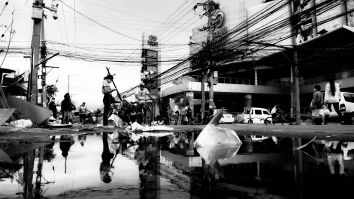











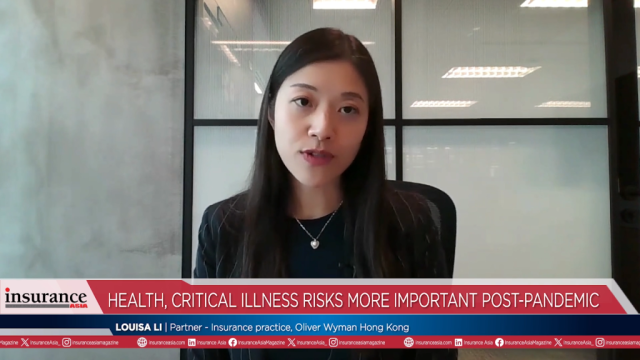
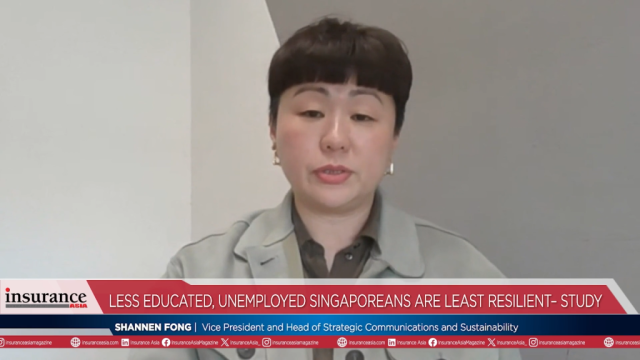
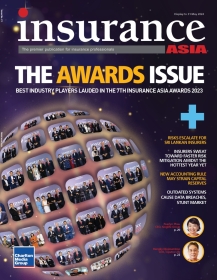
 Advertise
Advertise









